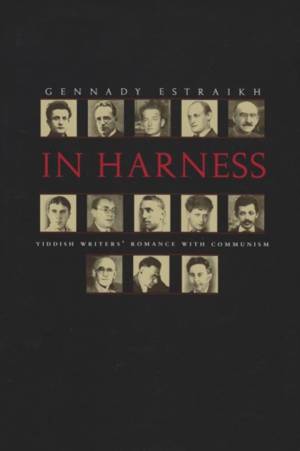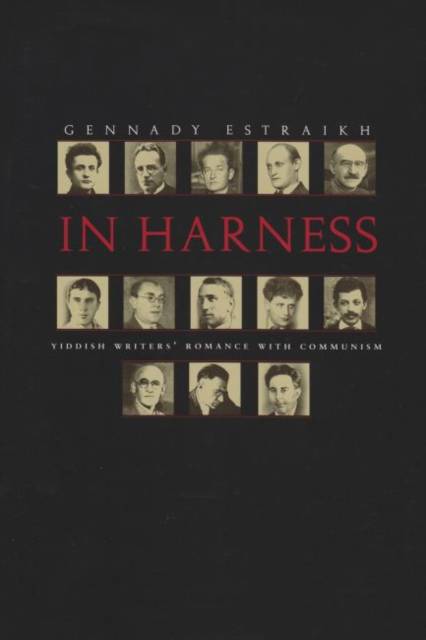
- Retrait gratuit dans votre magasin Club
- 7.000.000 titres dans notre catalogue
- Payer en toute sécurité
- Toujours un magasin près de chez vous
- Retrait gratuit dans votre magasin Club
- 7.000.0000 titres dans notre catalogue
- Payer en toute sécurité
- Toujours un magasin près de chez vous
Description
Here is a detailed glimpse into the lives and times of Yiddish writers enthralled with Communism at the turn of the century through the mid-1930s. Centering mainly on the Soviet Jewish literati but with an eye to their American counterparts, the book follows their paths from avant-garde beginnings in Kiev after the 1905 revolution to their peak in the mid-1930s. Notables such as David Bergelson--who helmed the short-lived Yiddish periodical called In Harness--and Der Nister and David Hodshtein come to life as do Leyb Kvitko, Peretz Markish, Itsik Fefer, Moshe Litvakov, Yekhezkel Dobrushin, and Nokhum Oislender. Gennady J. Estraikh charts the course of their artistic and political flowering and decline and considers the effects of geographyprovincial vs. urbanand party politics upon literary development and aesthetics.
No other book concentrates on this aspect of the Jewish intellectual scene nor has any book unveiled the scale and intensity of Yiddish Communist literary life in the 1920s and 1930s or the contributions its writers made to Jewish culture.Spécifications
Parties prenantes
- Auteur(s) :
- Editeur:
Contenu
- Nombre de pages :
- 224
- Langue:
- Anglais
- Collection :
Caractéristiques
- EAN:
- 9780815630524
- Date de parution :
- 01-02-05
- Format:
- Livre relié
- Format numérique:
- Genaaid
- Dimensions :
- 163 mm x 235 mm
- Poids :
- 471 g

Les avis
Nous publions uniquement les avis qui respectent les conditions requises. Consultez nos conditions pour les avis.






